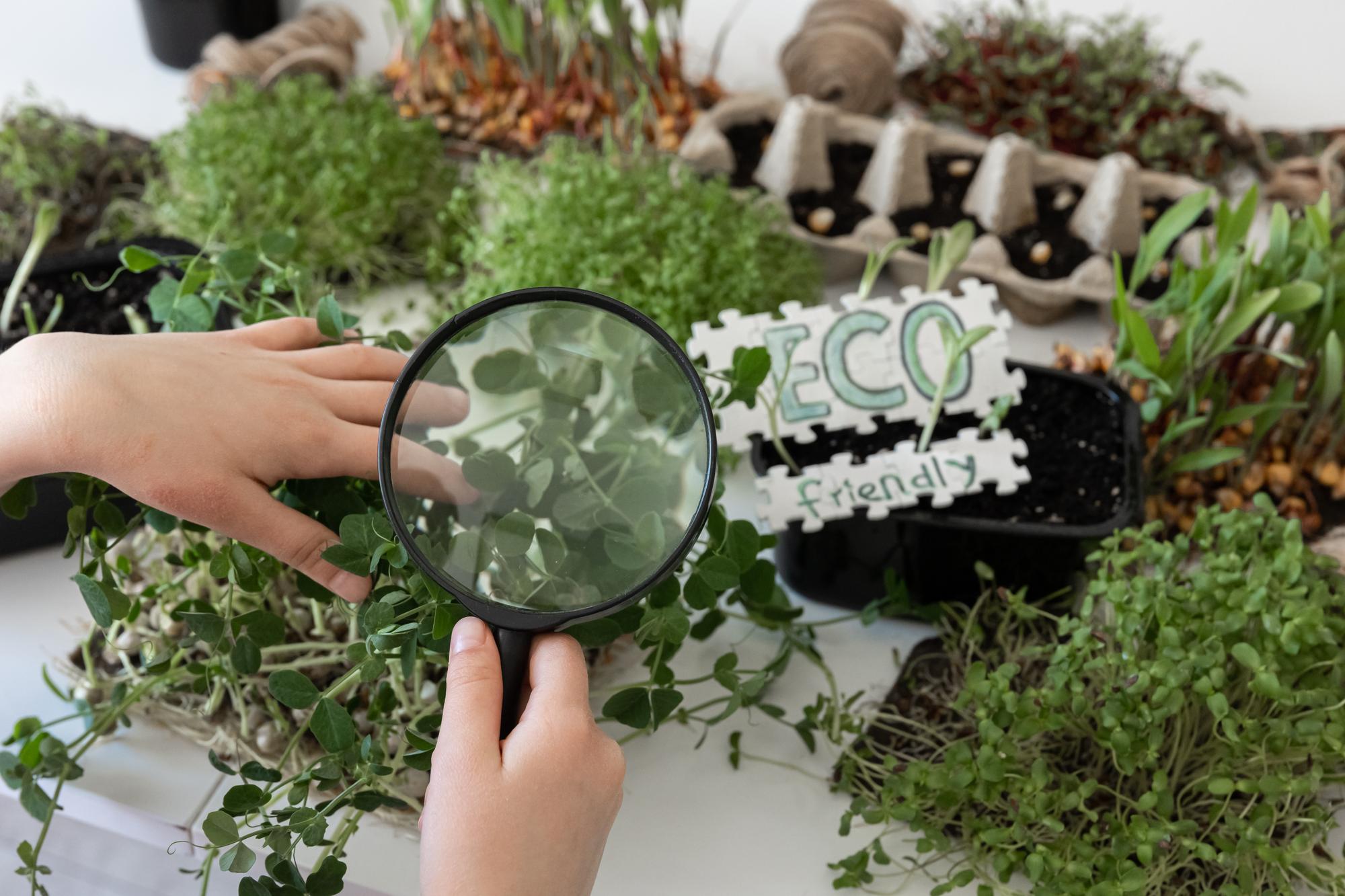How can you succeed in growing medicinal herbs at home? It requires understanding the right conditions and choosing suitable plants. Medicinal herbs offer health benefits and business opportunities without needing formal certifications. Whether you’re a beginner or aiming to start a business, this article provides strategies for growing medicinal herbs at home successfully.
Reasons for Growing Medicinal Herbs
Medicinal herbs have been vital for health and healing for centuries. Here’s why they’re popular:
- No Side Effects: They align with nature.
- Low Investment: Starting requires minimal capital.
- Versatile Use: Leaves, stems, and seeds benefit all ages.
- Culinary Benefits: Used in cooking with therapeutic properties.
Conditions for Growing These Plants at Home
To succeed in growing these plants at home, follow these conditions:
1. Choosing Suitable Plants for Your Garden
Select herbs suited for indoor growth, like mint, basil, or lavender.
Solution: Start with easy-to-grow herbs offering diverse health benefits.
2. Adequate Lighting for Growing Medicinal Herbs
Most herbs need 4-6 hours of direct sunlight daily.
Solution: Place herbs near a sunny window or use grow lights.
3. Containers and Soil Support Growing Medicinal Herbs
Use containers with drainage holes and well-aerated soil.
Solution: Choose nutrient-rich soil and proper pots for root health.
4. Watering and Fertilizing
Keep soil evenly moist without overwatering.
Solution: Water regularly, allowing the topsoil to dry slightly between sessions.
5. Temperature and Humidity Control
Maintain temperatures between 60-75°F (15-24°C) and 40-60% humidity.
Solution: Use pebble trays with water to boost humidity if needed.
6. Pruning and Maintenance in Growing Medicinal Herbs
Regularly trim dead leaves to promote healthy growth.
Solution: Remove yellow leaves to improve airflow and plant health.
7. Pest and Disease Management
Monitor plants for pests like aphids or spider mites.
Solution: Use organic pest control methods to protect plants.
8. Harvesting and Use
Harvest herbs carefully based on their specific needs.
Solution: Follow proper harvesting techniques to ensure continuous growth.
9. Expanding Your Collection
Add new herbs as you gain experience.
Solution: Experiment with new herbs offering unique benefits.
10. Soil Renewal in Growing Medicinal Herbs
Replace soil every 6-12 months to replenish nutrients.
Solution: Use fresh, nutrient-rich soil to enhance root growth.
Ideal Plants for Growing Medicinal Herbs
Here are some beginner-friendly herbs for home cultivation:
1. Mint in Home Gardening
Mint thrives in moist soil and aids digestion and freshens breath.
Benefits: Rich in vitamin A and iron, it relieves digestive issues.
2. Aloe Vera
Aloe vera is used for skin care and healing burns.
Benefits: Treats wounds, reduces inflammation, and improves skin health.
3. Basil
Basil requires warmth, well-drained soil, and regular pruning.
Benefits: Boosts immunity, treats inflammation, and reduces stress.
4. Curry Leaves
Used as a spice, curry leaves promote overall health.
Benefits: Aids digestion, supports weight loss, and enhances memory.
5. Lavender in Growing Medicinal Herbs
Lavender needs full sun and well-drained soil.
Benefits: Treats stress, insomnia, and inflammation.
6. Cilantro
Cilantro requires regular watering and rich soil.
Benefits: Lowers cholesterol, supports liver health, and reduces inflammation.
Frequently Asked Questions
1. How Much Space Is Needed for Growing These Plants?
Space depends on the plants and quantity. Start with a small garden or pots on a windowsill.
2. Is Growing Medicinal Herbs Profitable?
Yes, with good planning, it can generate steady income due to rising demand for natural herbs.
3. Can Herbs Be Grown Year-Round?
Yes, with controlled lighting and temperature, especially indoors or in greenhouses.
4. How Do I Know Which Plants Suit My Garden?
Consider your climate, soil type, and market demand, like basil or mint.
5. What Are Key Activities for Growing Medicinal Herbs?
Regular watering, pest control, and organic composting are essential.
6. How Can I Market My Herbs Effectively?
Use social media and partner with restaurants or health centers.
7. Are There Legal Requirements for Growing These Plants?
Yes, commercial sales may require permits and labeling.
8. Can I Sell Herbs Online?
Yes, an e-commerce website with reliable shipping is a great option.
Conclusion
Growing medicinal herbs at home is a rewarding and beneficial endeavor. By selecting suitable plants and providing optimal conditions, you can create a sustainable herb garden and potentially expand it into a business.







